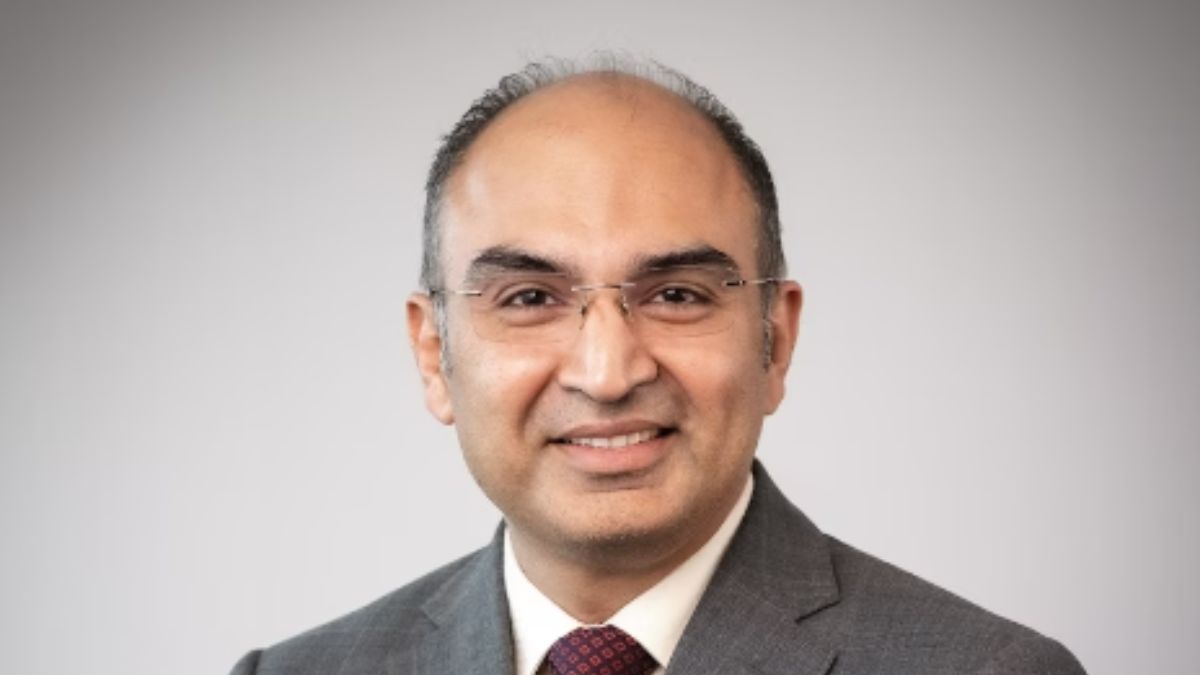Wipro, the third-largest software company in India, has found itself entangled in legal issues involving its former Chief Financial Officer (CFO), Jatin Dalal. After 21 years of service, Dalal left Wipro on November 30, 2023. However, the company has filed a civil suit against him, the specifics of which remain undisclosed.
As reported by TOI, the company has not revealed the reasons behind the lawsuit. The next hearing on this matter is scheduled for January 2 in the Bengaluru court. Interestingly, the court will decide whether the case should be sent to arbitration, a private and streamlined alternative to traditional court proceedings.
Table of Contents
Leadership Changes at Wipro: Aparna Iyer Steps In as CFO
Following Jatin Dalal’s departure, Wipro announced Aparna Iyer as the new CFO in its regulatory filings. Iyer will report to Wipro’s Chief Executive Officer (CEO), Thierry Delaporte. The details regarding the lawsuit are expected to unfold during the next court hearing.
CEO Change Rumors Add to Wipro’s Challenges
In addition to the legal turmoil, Wipro has been facing challenges in the stock market, with rumours circulating about a potential change in its CEO position. Three sources cited by Moneycontrol have suggested that Wipro might be considering the removal of Thierry Delaporte from the top post. The company is purportedly eyeing Sanjay Jalona, former L&T Infotech CEO, to take over and drive growth.
However, Wipro has officially dismissed these rumours. Delaporte has been under pressure to boost the company’s profits, especially amid the departure of top positions within the tech firm. These speculations have had a tangible impact, with Wipro shares experiencing a 2 per cent dip last week.
Legal Battles Extend Beyond CFO: Wipro vs. Mohd Haque
Wipro’s legal troubles don’t end with the lawsuit against Jatin Dalal. The company has also complained about its former senior vice-president (SVP) and head of healthcare and medical devices for the Americas, Mohd Haque. The complaint alleges that Haque violated non-compete covenants by joining Cognizant, Wipro’s direct competitor, as the SVP and business unit head for life sciences. Furthermore, Wipro claims Haque shared confidential files from his personal Gmail account, breaching his employment contract.
These legal disputes highlight the challenges faced by Wipro in retaining key personnel and protecting its proprietary information. It also raises questions about the competitive dynamics within the IT industry.

Arbitration: An Alternative Path to Resolution
Jatin Dalal, in response to Wipro’s lawsuit, has filed an application asking the court to refer the matter to arbitration. Arbitration, an alternative dispute resolution method, involves the use of an arbitrator instead of a judicial court. The next hearing on this matter is scheduled for January 3, when the court will decide the course of action.
Dalal, who recently joined Cognizant as CFO, served as Wipro’s CFO since 2015 and assumed additional responsibilities as president in 2019. His departure and subsequent legal battles mirror a trend seen in the IT industry, where high-profile executives navigate complex employment issues.
Industry Precedent: Lessons from Infosys CFO Case
This isn’t the first time a major IT company has faced legal challenges involving a CFO. In 2018, Infosys sued its former CFO, Rajiv Bansal, who invoked arbitration rights to contest the suspension of his severance pay. The arbitrator ruled in Bansal’s favour, emphasizing the importance of fair employment practices and contractual obligations.
As Wipro navigates these legal challenges, it remains to be seen how the court proceedings and potential arbitration will unfold. The company’s ability to address these issues effectively will likely impact its standing in the industry and the perception of its leadership stability.
In a broader context, the legal battles faced by Wipro underscore the need for clear employment contracts, confidentiality agreements, and effective talent retention strategies in the highly competitive IT sector. As the industry continues to evolve, companies must adapt to the changing landscape while ensuring ethical and legal practices in their operations.



